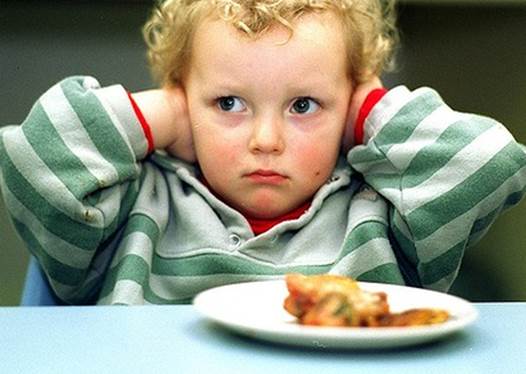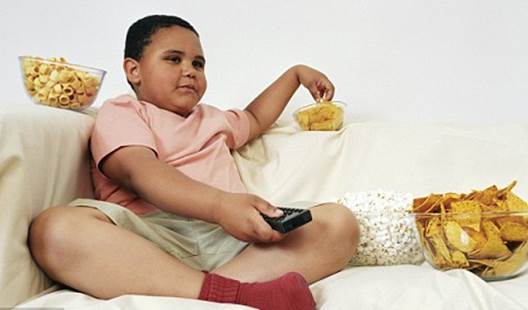Whether you have an extremely picky child, your little one
doesn’t feel well or just simply not hungry, a child refusal to eat may has
numerous of reasons to turn up his nose at meal times. While this is quite a
disappointing situation, the problem is that you have to keep your calm and
find out the reasons why he refuses to eat. By this, you can come out with
solutions that you both are happy with.

You need to be
calm to find out why your child refuses to eat
Instructions
1.
Find out why your child refuses to eat. Everyone needs to eat, and if
your child refuses the meal, there may be some underlying reasons. For example,
he may not be hungry, have digestive disorders or he could even feel too much
pressure at the dinner table. Whatever the reasons are, by decoding the real
causes behind the child’s behavior, you can handle this underlying problem.
2.
Cut down foods and drinks between scheduled mealtimes. Instead of
ruining your child’s appetite by letting him eating snacks and sweets
throughout the day, you can set fixed time for main meals and snacks. Children
may be more likely to eat if they are hungry and know what to expect.

Cut down foods and
drinks between scheduled mealtimes
3.
Try the taste and texture when preparing the meals and snacks for your
child. Some children don’t like certain food textures. Try the taste with your
child and watch his reactions when he’s eating small pieces of food. You can
see that most children prefer hard and crunchy vegetables to soft fruits. And
by this, you can prepare better future meals.
4.
Turn mealtimes into interesting and funny moments for the whole family.
If you let your child eating under the pressure of censuring and punishment, he
may refuse to eat or even hate mealtimes. And if he doesn’t eat at mealtime,
just calm down and show him that the foods are still there when he is hungry.

Turn mealtime into
funny and interesting moments
5.
Allow the child to take part in the preparation process. If he can see,
touch or smell different kinds of foods before they end up on his plate, he may
be more excited about trying the food. While small kids can even help with
pouring and dumping ingredients, older children can help to peel and chop soft
foods.

Let the child join
in the preparation process
6.
Talk to your doctor if you still cannot make your child to eat. The
doctor may check his development and weight or height to make sure that your
child is still healthy. Or you can talk about vitamin supplement to make up for
what lack in the diet. This can help you rest assured that your child is
getting the necessary nutrients, despite of his picky eater behavior.